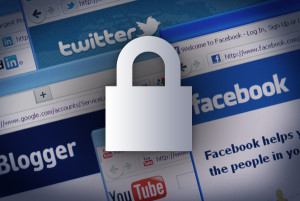 Buffer, a service for scheduling social media posts, said Sunday it has strengthened its security after spammers gained access to its network.
Buffer, a service for scheduling social media posts, said Sunday it has strengthened its security after spammers gained access to its network.
On Saturday, Buffer halted all social media postings after a raft of spam coming from Buffer accounts hit Facebook and Twitter. Later that day, service was restored, but Buffer advised users to access their accounts from its main URL rather than from its mobile applications.
Buffer, based in San Francisco, said on Sunday it is encrypting OAuth access tokens, which allow users to grant another application access to a service without revealing their password. Buffer also added a new security parameter to its API (applications programming interface) calls.
“We have greatly increased security of how we are posting to Twitter and Facebook and have confidence to cover the security holes the hackers have used to break into our system,” wrote Joel Gascoigne, Buffer’s founder.
Facebook said 30,000 Buffer users who had accounts on its service had spam issues, which is about 6.3 percent of the 476,343 Facebook accounts that are connected to Buffer, Gascoigne wrote. Buffer users will need to reconnect their Twitter accounts but not their Facebook ones. Posts that were scheduled to be published on Facebook during the outage will need to be resent.
Gascoigne wrote he expects Buffer to publish a more detailed update on the hack later.
“We’re working with several security experts on tracking down exactly how it was possible for the spammers to get into our system,” he wrote. “We’re making good progress on this, this morning.”





